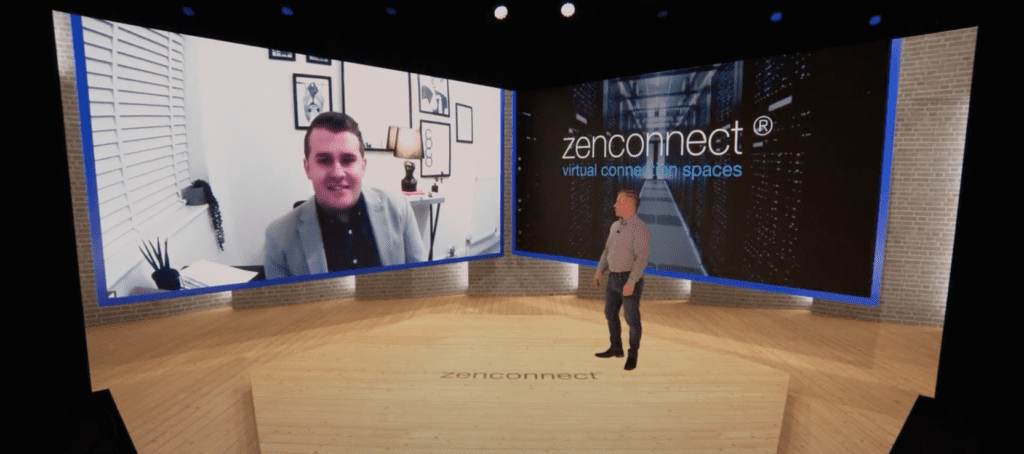WILL VIRTUAL-REALITY TECHNOLOGY TRANSFORM THE WAY WE TEACH?

The year anniversary for remote teaching has just passed and virtual learning has been put to the test – with the challenges of ongoing restrictions and lockdowns, universities and other academic institutions have said goodbye to lecture halls and hello to online classes.
By 2010, almost all universities had incorporated online learning into their courses, in the form of virtual learning environments, where staff could share course materials and communicate with students. Before the pandemic hit 95% of universities were already using virtual learning environments to ensure support goes beyond the classroom.
However, virtual learning has not just acted as a supplement to in-person learning but has almost entirely replaced it.
For both universities and students, virtual learning is hugely beneficial and has allowed students to continue their studies safely during the pandemic. It has also hugely improved the accessibility of university education. Online classes allow those with work, family or caring responsibilities to pursue higher education, without the restrictions of a schedule.
Outside of the Covid landscape virtual learning allows students to study at their own pace and complete work whenever they can, without the need for travel costs. It attracts new students to universities, who may not be able to attend classroom-based courses, and offers flexibility that in-person courses can’t, attracting students from across the globe.
According to a Basic Data Skills report (2018), 79% of adults in the UK possess the digital skills required to engage with virtual learning. But virtual learning does have its drawbacks. When working outside of a classroom environment, it’s easy to get distracted.
A 2019 study conducted by Kent University showed that online students are more prone to multi-tasking than their in-class peers. The study also reported that 25% of online students are more tempted to browse social media, send texts and listen to music in online classes than in a classroom.
So, how do we keep students interested? A staggering 1.6 billion students have been affected by Covid-19. That’s over 91% of students across the globe, but higher education providers must do more to keep these students engaged online and deliver the best education and experience possible.
A 2018 report by the Department of Education encouraged universities to produce interactive online content, rather than standard lecture slides.
Suggestions also included allowing students to study at a time that suits them, as well as boosting interactivity with games and virtual reality, but then there’s our Solution:
Zenconnect® Spaces.
Using innovative mixed-reality technology, Zenconnect® Spaces provides universities with fully immersive virtual-reality stages, allowing lecturers to teach dynamic and interactive online lessons to students all over the world.
The way things stand, universities will rely on remote learning for the foreseeable future, and experts are predicting a six-month to five-year disruption to traditional classes, with remote learning options expected to soar.
Enrolment in traditional university courses are declining by 1 to 2% annually, whilst the number of students taking some or all of their undergraduate courses online is growing by 5% each year.
Remote learning doesn’t have to rely on simple video calls and presentation slides. The way we learn has changed – with cutting-edge technology, Zenconnect® offers learning spaces that hold attention with ease. It offers an unrivalled return of investment for academic institutions, increasing student intake via distance learning programmes and attracting applicants globally.
Students will have the opportunity to network with peers across the globe and develop their own cultural awareness. Virtual learning is the future of education – it allows for flexible learning, out-of-hours communication between students and lecturers and accelerated assessment feedback. More and more students are opting to enrol on online courses; with the lower tuition fees also attracting students from all over the world.
Zenconnect® Spaces maximises student engagement and academic success, allowing students to become fully immersed in their lectures. Investing in remote learning will future-proof universities, giving them the tools to increase student intake and survive any future crisis’.











Responses